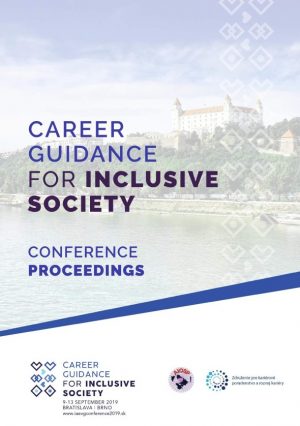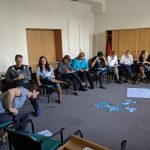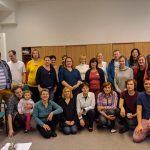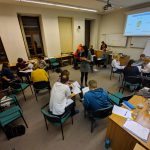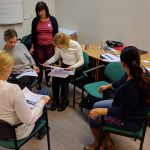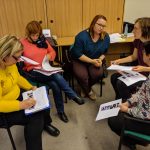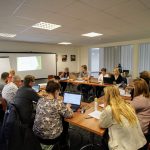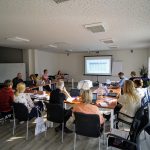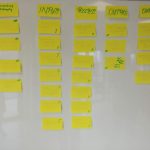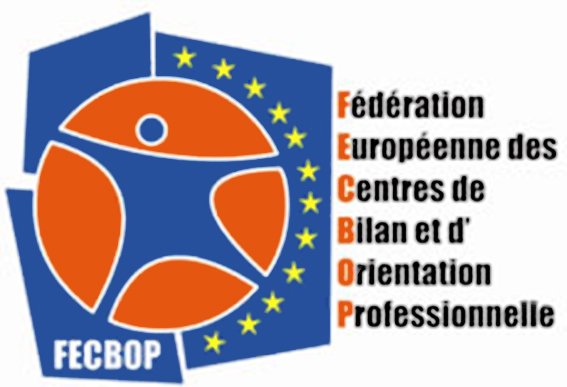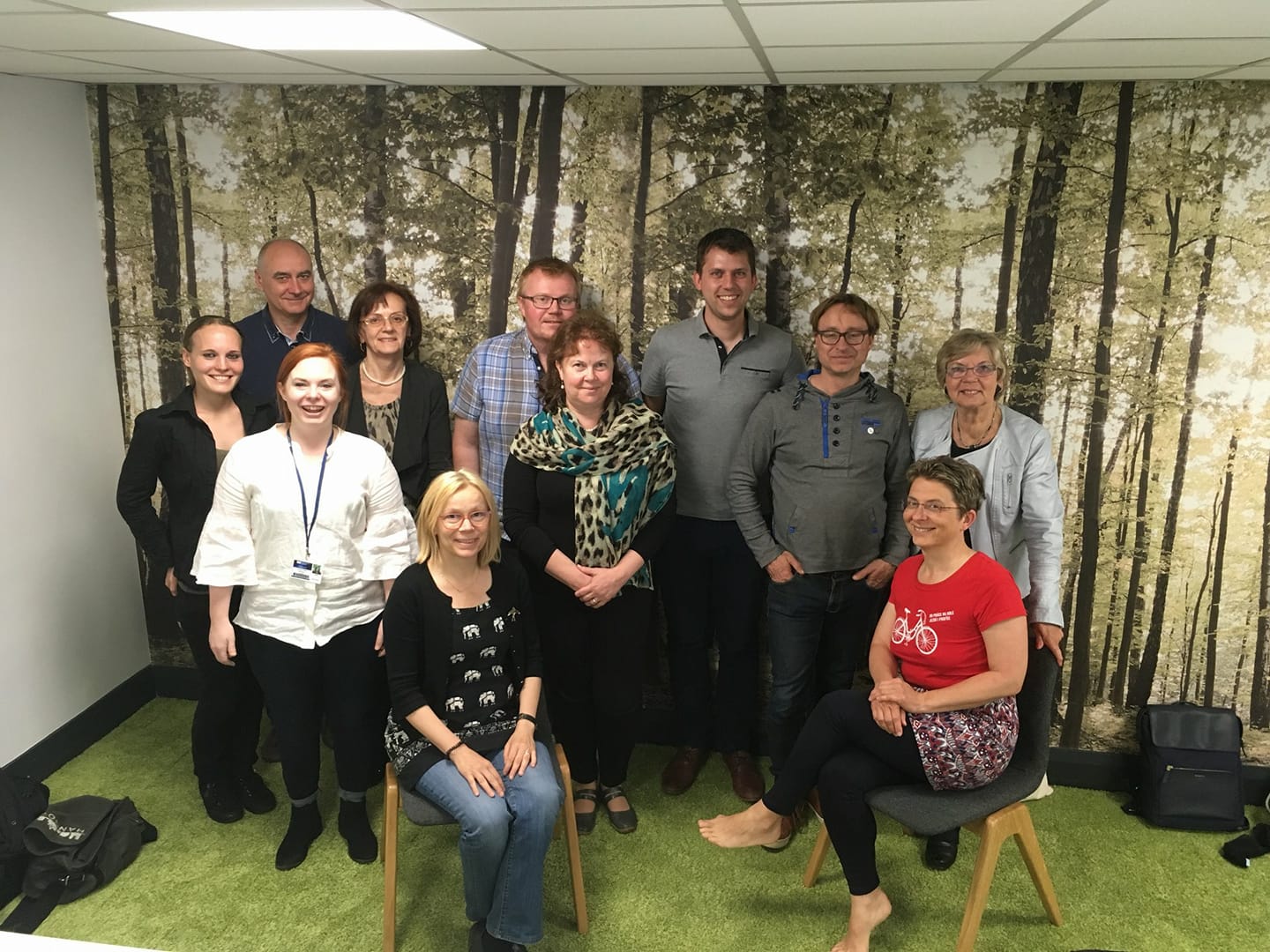| Theme | Proposed Content |
| Theoretical basis | Theoretical minimum for CG practitioners: developmental processes along the course of life (e.g. personality theories, theories of career development, lifeworld models) |
| Counselling/coaching basics | Counselling basics: interviewing micro-skills (open questions, affirmations, reflexions, summarization…), working alliance, building relations and trust (person-centred approach, three-stage model of building trust); – Different guidance approaches / coaching techniques with the focus on the active role of the client |
| Action Planning | Action planning (SMART), identifying and overcoming obstacles, supporting the change process, methods for the identification, definition, and operationalisation of goals/objectives; |
| Outcomes | Outcomes of career guidance (personal, social, economic, career management skills). Defining the objectives of CG and measuring the outcomes (examples of good practice). |
| Pedagogical outcomes (CMS) | Pedagogical approach of career guidance: learning outcomes of guidance, identification of CMS development needs of the beneficiary, basic didactical skills, verifying the learning progress of the client… collaborative summarisation of the progress and results of the guidance process (examples of tools and approaches) |
| Social Outcomes | Social outcomes of guidance: preparing a CV, social media profiles, jobseeking techniques, examples and templates of reports and action plans. What outcomes from your guidance process can be communicated by the client to third parties/used outside of the guidance process? |
| Mission Statement | Techniques that help the counsellor build his own personal mission statement and vision, practical exercise. How this mission can be communicated to clients and partners. |
| Intake, Needs Analysis | Assuring full information of the client, making your offer transparent Clarification and identification of needs/objectives, identifying expectations, making doubts and fears explicit, contracting common goals of the guidance process (e.g. examples of intake questionnaires/checklists, guidance agreements…) |
| Ethics | Ethical aspects of CG (including social justice, inclusion, equality, examples of ethical dilemmas). Exercise: document specific examples of own ethical decision making and behaviour. |
| Labour Market | Current trends on the labour market (e.g., globalization, growing complexity, precarisation, demographic change, lifelong learning, and diversity); Understanding labour market: LMI (iCeGS) and its use in CG CG practitioner as a mediator of LMI, focusing of development of information competences (client capable of a critical analysis of LMI) |
| Networking an partnerships | Networking strategies, partnerships, referral of the client to other services, evaluation and quality assurance of partnerships. Involving external partners in service provision. Documenting own network and practice. |
| Supporting decision-making, widening opportunities | Decision making process, linking interests, personality traits and other factors to career opportunities. Techniques for exploration, analysis and comparison of opportunities. |
| Tools 1: Personality | Tools and techniques for analysing factors of career decision making: how to build your portfolio of tools for identifying personality traits, social roles, interests, attitudes (examples of different approaches from different CG schools, e.g also socio-constructivist, narrative approach etc., 360-evaluation, role playing). Building your own portfolio/library of quality-assured tools. |
| Tools 2: career, lifestory and competences | Tools and techniques for identification and documentation of skills, competences, life-story, competence portfolio… Building your own portfolio/library of quality-assured tools. |
| Tools 3: psychological assessment | Basics of psychological assessment (validity, reliability, sensitivity, ethical aspects and risks), “objective” vs. “subjective” (self-assessment) methods. Joint interpretation of the results. Rules and risks linked to assessment. Building your own portfolio/library of quality-assured tools. |
| Personalization of the service | Guidance in specific life situations: early-school-leaving, unemployment, Labour and health / physical and psychological illnesses / burnout, Crisis intervention, Dealing with traumatized persons in guidance, Vocational re-orientation after the baby break, after a phase of unemployment, after being ill |
| Gender issues and equality | Main topic: Gender competence as a cross-cutting skill, including specialized knowledge, methodological competence, social responsibility and self competences
Tools: questionnaire to review the mentor’s gender-competence and the organization’s gender standards/ two case-studies |
| Distance counselling | ICT: Distance counselling, online counselling, use of ITC, blended counselling, flipped classroom pedagogy |
| Measuring Feedback and Impact | Collecting feedback from clients, partners. Approaches to measuring impact of the service. How to evaluate if your service/tools it appropriate for the target group? |
| Quality Development | Quality assurance and development, quality cycle PDCA… |
| Research & Development | Research and development: monitoring existing professional and scientific resources, current research topics in CG, basics of scientific method. What tools have you developed/adapted and how? |
| Reflection of own practice | Self-reflective and self-analysis techniques: Preparing your personal development and training plan (SWOT, training needs, training plan…) |
| Methodological procedure | how to prepare your own internal methodological guide/procedure… examples |
| Management Basics | Budgeting, acquisition and sustainability of necessary organisational, actively participate in the determination of which human and financial resources will be needed in the future (e.g. financial planning, controlling, working-time management) |
| Marketing | Outreach, communication, marketing strategies (within or outside of the organization): basic principles |

